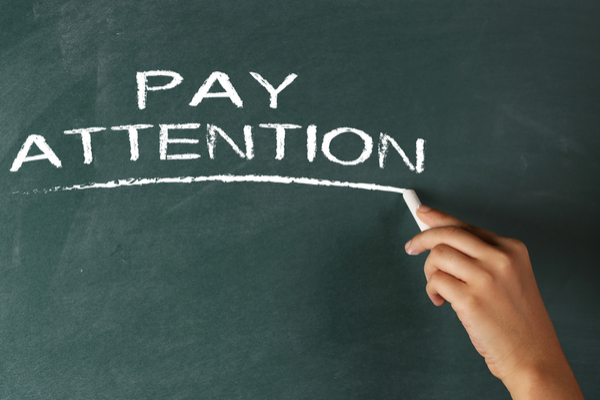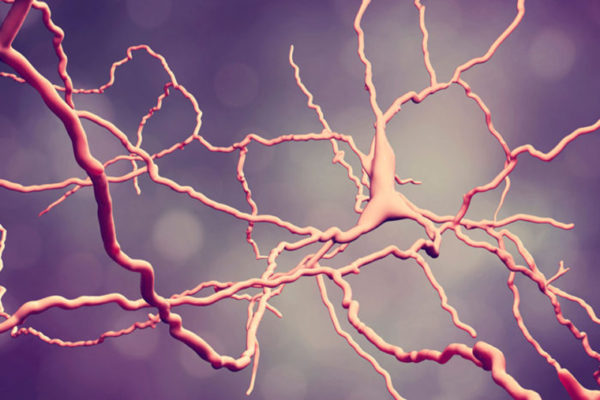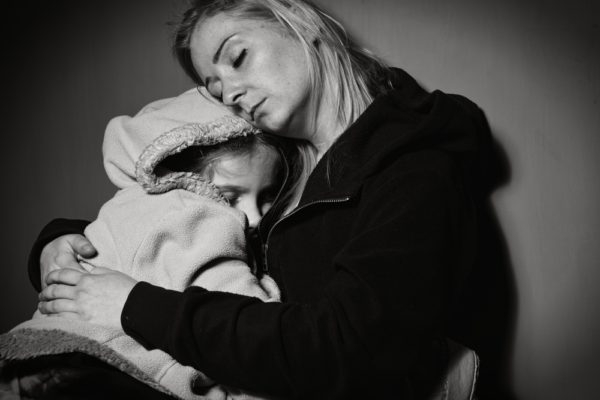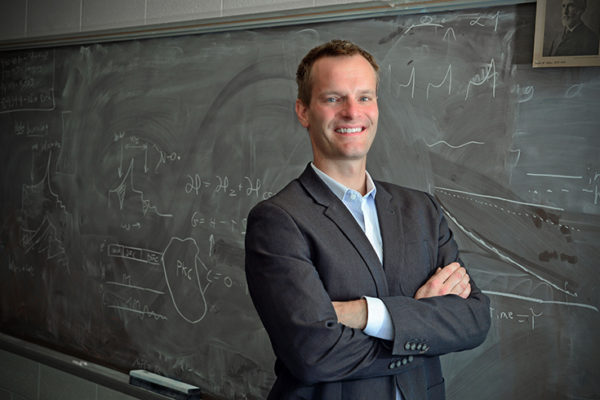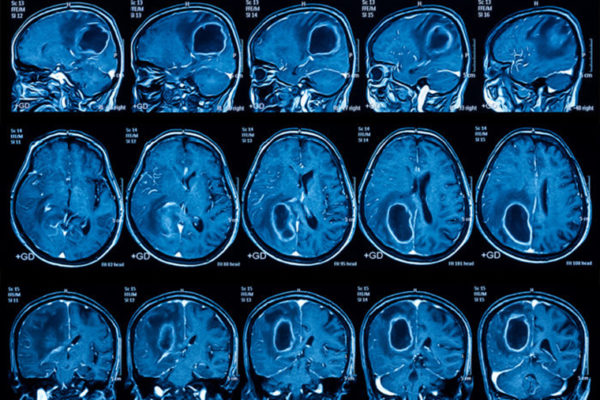Smoking rates decline when mentally ill get help to quit
Recognition of a disconnect between what patients with serious mental illness want and what health providers think they want appears to be a crucial step in reducing smoking rates among such patients, School of Medicine researchers found.
Time is not on your side
The central finding of an Olin Business School study published May 15 in the Journal of Consumer Research was that people faced with scheduled appointments in an upcoming hour or more: (a) perceive they have less time than in reality; (b) perform fewer tasks as a result; and (c) are less likely to attempt extended-time tasks that can be feasibly accomplished or more lucrative.
Fortune — and nature — favors the bold
Natural selection acts on behavioral traits, says evolutionary biologist Jonathan Losos, who helped lead a replicated field experiment with anole lizards on eight small islands in the Caribbean, as reported in the June 1 issue of Science
WashU Expert: The firing of Roseanne Barr
On May 29, ABC cancelled its “Roseanne” revival after an ugly tweet from the show’s eponymous star. Film scholar Gaylyn Studlar examines the dangers of Twitter, the speed of cancellation and the influence of diversity in the boardroom.
Act fast to pay attention
Want to improve your attention? Arts & Sciences brain sciences researcher Richard Abrams at Washington University in St. Louis finds that our attention may be guided by the most recent interactions with our environment.
Drugs that suppress immune system may protect against Parkinson’s
Parkinson’s disease is caused by the injury or death of brain cells known as dopaminergic neurons. A new School of Medicine study shows that people who take drugs that suppress the immune system are less likely to develop the disease, which is characterized by difficulty with movement.
Parenting, child care services have most potential to help low-income families
Child care, parenting and child health/health care are important factors in improving the lives of children in low-income families, according to a new study from the Brown School, which surveyed 211 helpline staff.
Chemist Barnes receives teacher-scholar award
Alexander Barnes, assistant professor of chemistry in Arts & Sciences at Washington University in St. Louis, has been recognized with a 2018 Camille Dreyfus Teacher-Scholar Award, recognizing his independent scholarship and deep commitment to education.
The View From Here 5.30.18
Images from in and around the Washington University campuses.
Brain cancer vaccine effective in some patients
Most people with the deadly brain cancer glioblastoma die less than 18 months after diagnosis. But a multicenter clinical trial of a personalized vaccine that targets the aggressive cancer has indicated improved survival rates for such patients. The study appears May 29 in the Journal of Translational Medicine.
View More Stories




